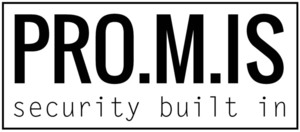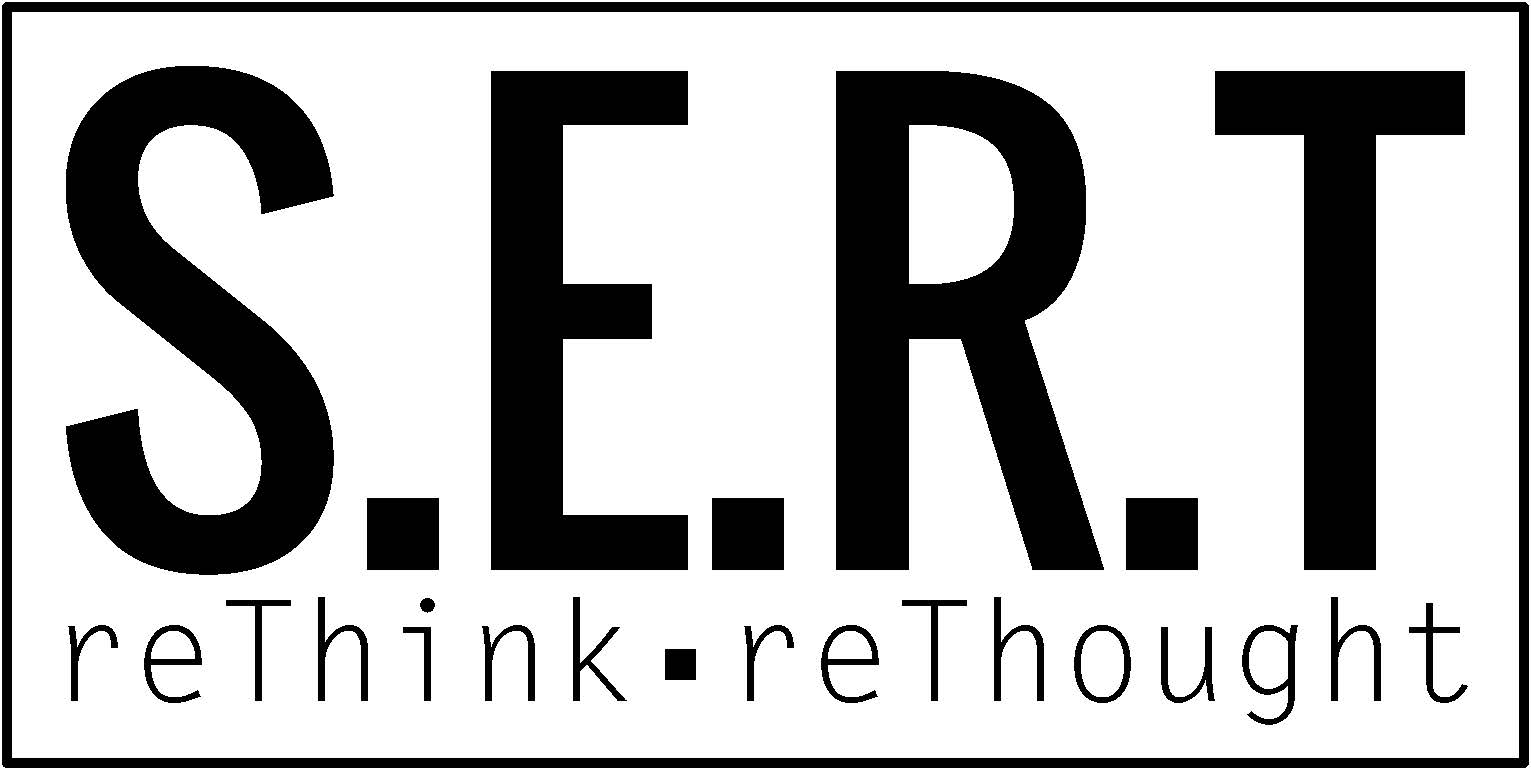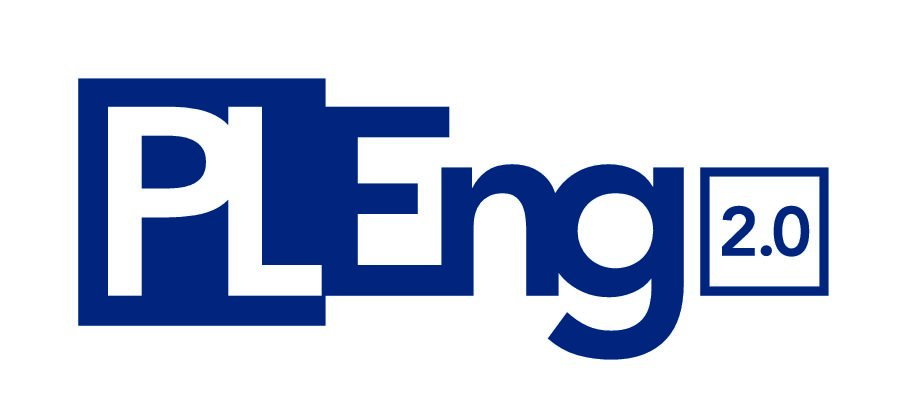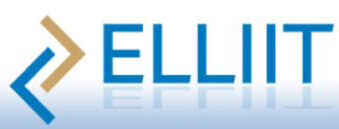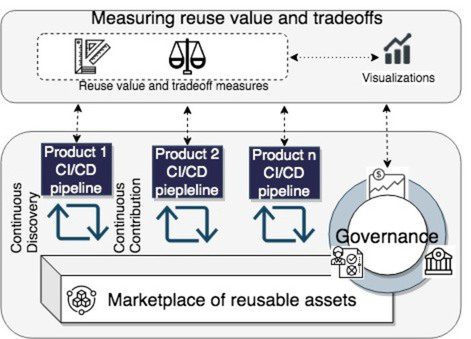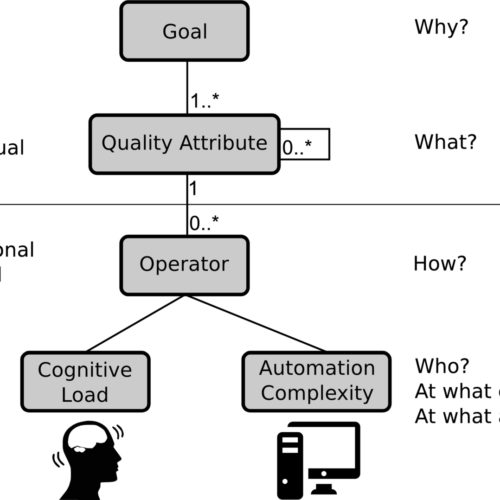Software Engineering
Software Engineering
The research covers technologies, methods and processes for the development of complex software systems and the application of systematic and measurable methods for development, running and maintenance of software-intensive systems, services and products. This research ranks second in the world.
The research in software engineering at BTH is conducted by SERL Sweden, which is one of the leading research groups in empirical and evidence-based software engineering in Europe. We are closely collaborating with industry to solve actual industrial challenges and strengthen our partners’ competitiveness in the development of software-intensive systems, services and products.
Software engineering focuses on the engineering of software development with a particular emphasis on industrial challenges.
We cover a broad set of competencies spanning from technical solutions to business issues. In our research, we integrate top-ranked academic research with strong industrial relevance.
The research in software engineering is mainly conducted at the Department of Software Engineering.
Research areas
Our research areas include:
Agile/Lean Development
CS/SE Education
Empirical and evidence-based software engineering
Global software engineering
Human-centered software engineering
Requirements engineering
Research methods
Search-based software engineering
Software architecture, -modeling and product lines
Software businesses, ecosystems and innovation
Software quality
Software process improvement
Software product management
Value-based product development
Verification and validation
BESQ+
BESQ + is a research project that aims to build strong research in software engineering at BTH. The project includes research in the following areas: value creation and innovation in the software field; architecture, especially in connection with cloud software services (typically online, without the user knowing where the services are actually provided) and multi-processor systems; efficient development processes; global software development, and balance and coordination between the business perspective, architecture, processes and organisation.
Funder: The Swedish Knowledge Foundation (KKS), period 2011–2013
Project manager: Claes Wohlin
Collaborative partners: BAE Systems Hägglunds, Ericsson, IBM, Qtema, Ricksell Innovation, Sauer Danfoss and ST-Ericsson.
Contact person: Claes Wohlin
EASE
EASE is an industrial centre of excellence in collaboration with Lund University and four companies. BTH’s work within the project is focused on software for multi-processor systems, new and more efficient modes of development, and the link between software requirements and tests.
Funders: VINNOVA, Sony Mobile Communications, ST-Ericsson, Axis Communications, and Softhouse Consulting Baltic.
Collaborative partners: Sony Mobile Communications, ST-Ericsson, Axis Communications, Softhouse Consulting Baltic and Lund University.
Contact person: Claes Wohlin
More information
Contact
 Professor Tony Gorschek
Professor Tony Gorschek
Head of subject, software engineering
E-mail: tony.gorschek@bth.se
Telephone: + 455-38 58 17
